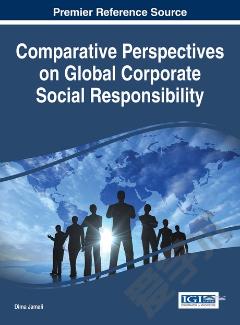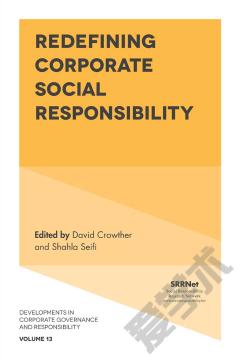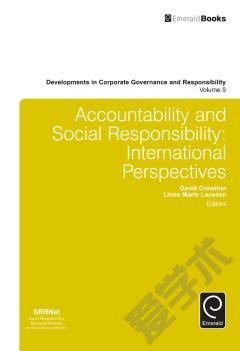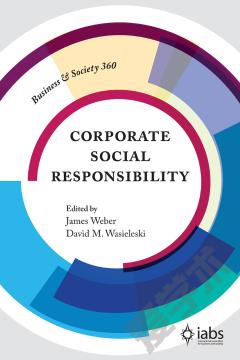Corporate Social Responsibility in a Globalizing World
Why do corporations increasingly engage in good deeds that do not immediately help their bottom line, and what are the consequences of these activities? This volume examines these questions by drawing on historical documents, interviews, qualitative case comparison, fieldwork, multiple regression, time-series analysis and multidimensional scaling, among others. Informed by neoinstitutionalism and political economy approaches, the authors examine how global and local dimensions of contemporary corporate social responsibility (CSR) intersect with each other. Their rigorous empirical analyses produce insights into the historical roots of suspicions concerning cross-societal economic actors, why and how global CSR frameworks evolved into current forms, how conceptions of CSR vary across societies, what motivates corporations to participate in CSR frameworks, what impacts such participation might have on corporate reputation and actual practices, whether CSR activities shield corporations from targeting by boycott campaigns or invite more criticism, and what alternative responses corporations might have to buying into CSR principles.
{{comment.content}}








 京公网安备 11010802027623号
京公网安备 11010802027623号